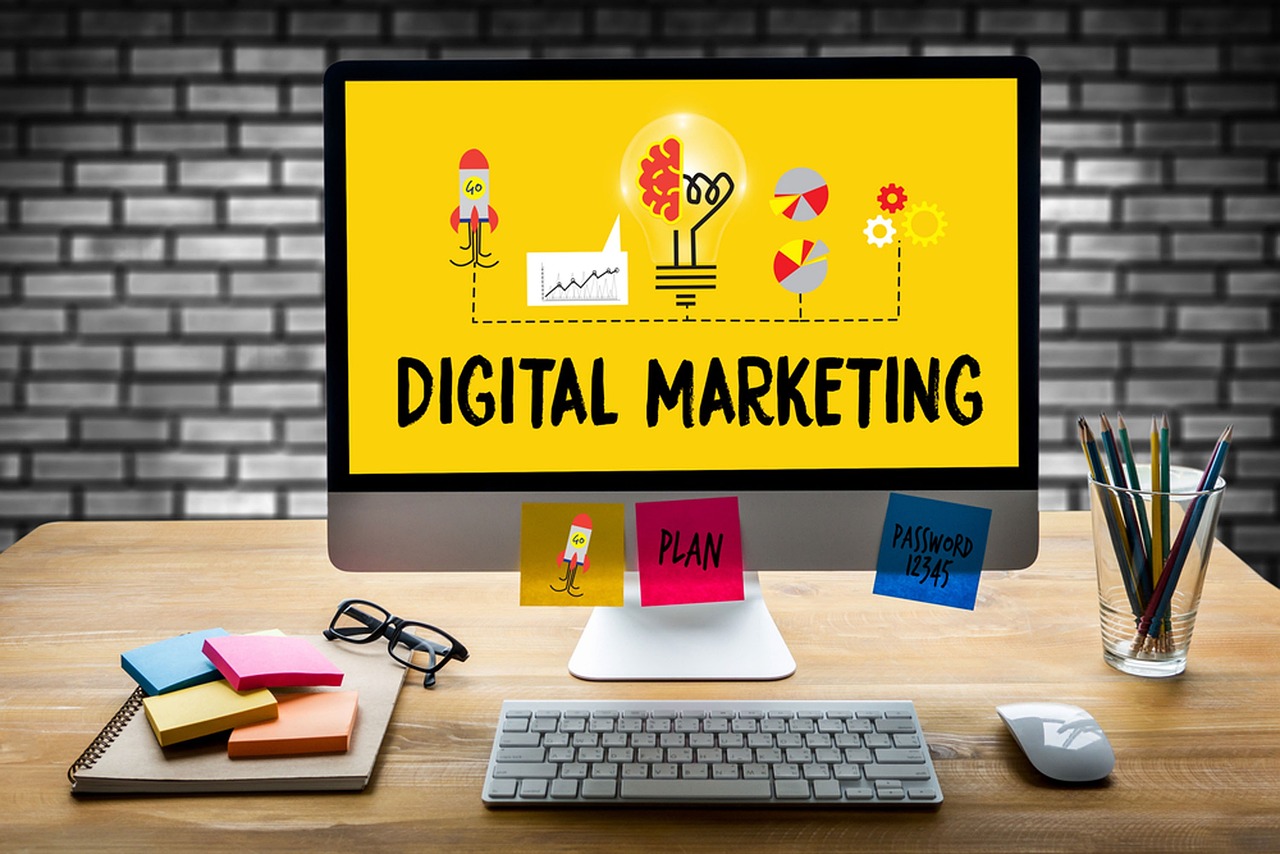Did you know that over 75% of users don’t look past the first search results page? This fact shows how crucial it is to work on your Google ranking. In our digital world, using SEO tips correctly is not just good—it’s necessary. Businesses need to boost their organic traffic and be more visible on search result pages.
We’re going to look at some top strategies to make your website stand out on Google. By learning about SEO’s ins and outs, you can really improve your site. We’ll cover everything from making better title tags to building links that work. Each tip is here to help your website climb up in search rankings.
Key Takeaways
- Google ranking impacts online visibility and organic traffic.
- Understanding SEO algorithms is vital for success.
- On-page optimization plays a crucial role in ranking.
- Link building enhances authority and search performance.
- Keyword research is essential for targeted content creation.
- Continuous monitoring and adapting strategies are key.
Understanding Google Ranking Algorithms
Google’s ranking algorithms are key to sorting search results. They review billions of web pages to find the best match for a search. Their main aim is to give users information that answers their questions well.
These algorithms look at many things to decide rankings. They check how relevant content is, its quality, and if the website is easy to use. Websites that have great content and a good user experience rank higher.
Knowing what users are looking for is vital to be more visible in search results. Your content should match users’ real searches. Making content that people want to read lowers bounce rates and shows your content is working.
To sum up, matching your content with what people are searching for helps a lot. Being good at the main ranking factors is key to doing well online.
Importance of Search Engine Optimization (SEO)
Search engine optimization is key in digital marketing. It helps businesses stand out by improving their site’s visibility. A site that’s well-optimized will rank higher, making it stand out from competitors.
SEO involves several elements like keyword use, site speed, and being mobile-friendly. These elements make sites better for users. High-quality content plus strong SEO tactics bring in more visitors. They also build trust and credibility with your audience.
Businesses focusing on SEO grow a strong online presence. This makes it easier to reach out to their target audience.
Optimizing Your On-Page SEO
On-page SEO makes web pages rank better and attract the right visitors. It includes many parts, like title tags and meta descriptions. These parts make your site more visible and keep users interested.
Utilizing Title Tags and Meta Descriptions
Title tags are the first thing people see. Put main keywords early in these tags to make them more relevant. Meta descriptions summarize what the page is about, encouraging more clicks. A strong meta description with keywords boosts click-through rates. Try to make title tags and meta descriptions short but full of info.
Writing Long-Form Content for Better Relevance
Long articles do well with both search engines and readers. Long texts that answer questions rank higher. They capture attention, make people stay longer, and show you’re an expert. Aim for detailed articles that fully cover the topic. This will make your content more relevant and improve your site’s SEO.

Google Ranking: Key Page Rank Factors
Getting a high spot on Google needs a good grasp of page rank factors. You must consider keywords and user experience. Using keywords well boosts your content’s visibility and relevance.
Incorporating Keywords Strategically
Using keywords smartly is key to getting more organic traffic. It’s best to put main keywords in headings and the start of your content. Doing this helps with search engine rankings. Also, use long-tail keywords since they match what users are searching for and face less competition.
Enhancing User Experience to Reduce Bounce Rate
Google cares a lot about how users interact with websites. Making your site easy to navigate and quick to load can help keep people on your site longer. A low bounce rate shows users enjoy your site, which is good for your ranking. A great user experience comes from:
- Mobile-friendly design
- Clear calls to action
- Visually appealing layout
- Quality content that meets user needs
By improving these two crucial factors, companies can enhance their page ranks. This not only draws in users but keeps them coming back. This leads to better site performance and higher visibility in searches.
Boosting Your Organic Traffic
Getting more organic traffic is key for any business looking to shine online. Using smart SEO tactics can really help increase how much users interact and bring more visitors. It’s also vital to focus on creating high-quality content. Google likes to spotlight articles that are helpful and meet user needs.
It’s also critical to make your site work well on mobile devices. A lot of people browse the web on their phones. So, having a mobile-friendly site can attract more organic visitors. Using responsive designs and making sure your site loads quickly are important. They make users happy and keep them coming back.
User engagement is super important for getting more traffic. By offering interesting and useful content, you get people to stay longer on your site. This lowers bounce rates and tells Google your content is valuable. Knowing what your audience enjoys helps you create content they love. This has a big impact on your website’s reach.
| SEO Strategies | Impact on Organic Traffic | User Engagement |
|---|---|---|
| Content Quality Improvement | High | Increases time spent on site |
| Mobile Optimization | Medium | Enhances user experience |
| Interactive Content | High | Boosts user engagement metrics |
| Consistent Updates | Medium | Keeps audience returning |
Effective Link Building Strategies
Enhancing your website’s authority and Google rankings is crucial. Quality backlinks from trusted sources are key. They significantly improve your SEO results. This section looks at link building methods. It also shows how important content marketing is for getting these backlinks.
Securing Quality Backlinks
Quality backlinks are like votes for your website. They show search engines that your site is legit. Here are ways to get these valuable links:
- Research Target Websites: Look for reputable sites in your niche. They might link to your content.
- Create Shareable Content: Make your content engaging and appealing. This makes it more likely to get backlinks.
- Guest Posting: Write articles for top blogs. This helps display your knowledge and secure good links.
Leveraging Content Marketing to Attract Links
Content marketing is key for link building. Creating top-notch content draws attention. It encourages other sites to link to you. Here are ways to make your content work for you:
- Infographics: Make eye-catching infographics. They’re easy to share and can get you backlinks naturally.
- Industry Reports: Well-researched studies gain readers and credibility. Others will want to link to your data.
- How-To Guides and Tutorials: Useful guides catch interest. People link to them for their unique tips.

Conducting Comprehensive Keyword Research
Keyword research is key to any winning SEO plan. It helps you connect with your audience by finding the right keywords. You’ll find keywords that attract visitors, including LSI keywords, to make your content more relevant.
Using LSI Keywords for Enhanced Relevance
LSI keywords are closely linked to your main keywords. They help search engines grasp your content’s theme, boosting your ranking chances. Tools like Google Keyword Planner are great for finding LSI keywords that match your topics. LSI keywords can be:
- Synonyms of your main keyword
- Related phrases people often search for
- Common questions about your topic
Identifying User Search Intent
It’s crucial to know why people are searching. They might want information, a product, or a service. Matching your keywords with what users are looking for means your content answers their questions.
Think about classifying keywords by their purpose, like:
- Informational: Keywords for those who want to learn.
- Navigational: Keywords used to find specific sites.
- Transactional: Keywords from users ready to buy or take action.
Monitoring and Improving Technical SEO
Technical SEO is about making back-end changes to boost a website’s search engine visibility. It touches on key aspects like how fast the site loads and how well it works on mobile phones. A smooth-running website doesn’t just pull in visitors. It keeps them around, which boosts engagement.
A quick-loading website is crucial for keeping users happy and on-page. If a site takes too long to load, people leave, leading to fewer sales. Use tools like Google’s PageSpeed Insights to check how fast your site runs. These tools also help spot what needs fixing.
With more people surfing the web on phones, your site must work well on any device. A responsive design shifts your site’s layout to fit any screen, making it easy and enjoyable to use no matter the device. This is a key part of making your website accessible to everyone.
For Google to find and list your site properly, technical SEO steps need to be followed. Make sure Google’s bots can find and read your key pages. The Google Search Console is a great tool for this. It lets you see how your site shows up in searches and points out technical problems.
Improving your website through better speed and making it mobile-friendly are top priorities. Doing these will boost how well your site performs. This ensures it lives up to what users and search engines expect.
Measuring Results and Adapting Your Strategy
Effective SEO constantly checks how well things are going. Measuring SEO results uses different analytics tools. They track important stats like organic traffic, bounce rates, and conversion rates to help with optimization.
By looking at these stats, website owners can see what works best. Analyzing data helps in adapting strategies when user behavior or search engines change. It’s crucial to keep updating and improving tactics based on the results to stay ahead on Google.
It’s important to regularly check analytics. This helps make changes that follow new market trends and what users like. Being proactive leads to better decisions, supporting ongoing growth and better SEO.
In short, doing well in SEO means you need to measure SEO results and use analytics to make smart choices. You also need to keep adapting strategies to enhance performance. A planned review process helps businesses quickly adjust to new challenges, guaranteeing success online over time.
Conclusion
Understanding Google’s ranking system is key for businesses wanting to be more visible online. Tailoring SEO strategies for your audience helps a lot. This includes making your content better, ensuring a smooth user experience, and doing thorough keyword research.
SEO isn’t just a one-time effort. It needs constant updates to keep up with digital changes. By tracking your progress and adjusting as needed, you’ll stay ahead of the game. Keeping up with new SEO trends is also crucial.
Being proactive with SEO can improve your Google ranking and customer interaction. This ongoing effort towards betterment can bring long-lasting success online.
FAQ
What are some effective SEO tips to improve my Google ranking?
For better Google rankings, focus on optimizing on-page elements like title tags. Also, conduct thorough keyword research. Ensure your content is high-quality. Keep updating your site and check its performance with analytics tools.
How do Google ranking algorithms work?
Google uses automated systems to sift through web pages. It seeks the most relevant results for users. Factors such as content relevance, quality, and user experience matter. Matching your content to what users are looking for is key.
Why is search engine optimization (SEO) important for my website?
SEO boosts your site’s visibility and attracts organic traffic. It also adds credibility. A strong SEO strategy sets you apart and reaches your audience effectively. It’s a core part of digital marketing success.
What are the key elements of on-page SEO?
On-page SEO involves optimizing titles and descriptions. Use primary keywords wisely. Create detailed content that answers users’ questions. Relevant and informative content improves rankings.
How can I improve my website’s user experience?
For a better user experience, make your site easy to navigate. Ensure quick loading times. Also, design your site to be mobile-friendly. These steps reduce bounce rates and keep users on your site.
What strategies can I use to boost organic traffic?
To get more organic traffic, focus on high-quality content. Make your site mobile-friendly. Write engaging articles to keep users interested. Regularly post relevant content to draw in visitors and boost your ranking.
Why is link building important for my SEO efforts?
Link building boosts your site’s authority and rankings. Get quality backlinks from trusted sites. Create content that others want to share. Guest posting is another way to secure valuable links.
How should I conduct keyword research for SEO?
Find key phrases your audience searches for, including LSI keywords. Use tools like Google Keyword Planner. Knowing what users search for helps place keywords strategically in your content.
What aspects should I focus on in technical SEO?
Improve your site’s loading speed and make sure it’s mobile-friendly. Check that Google can index your content properly. Use PageSpeed Insights to spot and fix performance issues.
How can I measure the effectiveness of my SEO strategies?
Use analytics to track organic traffic, bounce rate, and conversion rates. Adapting your strategy based on these insights helps improve your ranking. Being flexible and data-informed is crucial.
Source Links
- How to Rank Higher On Google (13 Steps) – https://backlinko.com/rank-high-on-google
- 15 SEO Tips For Instant Traffic Boost in 2024 – https://optinmonster.com/strategic-seo-tips-from-the-experts/
- SEO Starter Guide: The Basics | Google Search Central | Documentation | Google for Developers – https://developers.google.com/search/docs/fundamentals/seo-starter-guide






